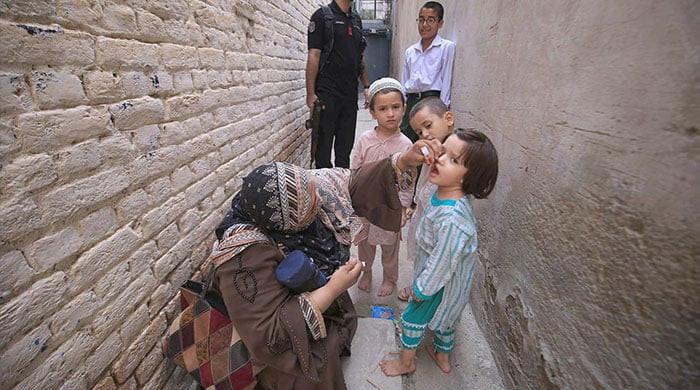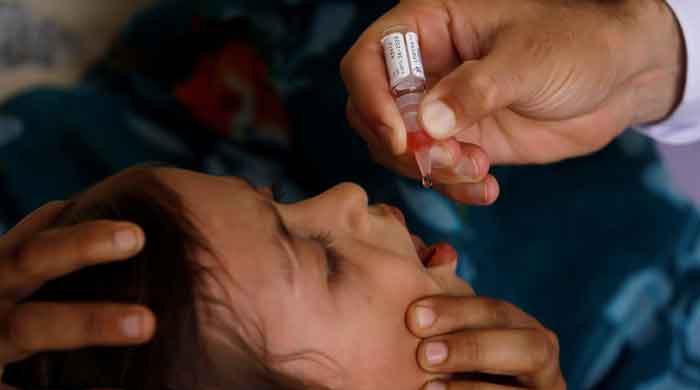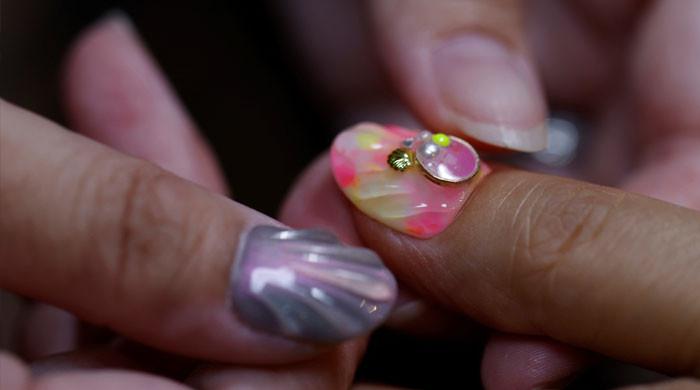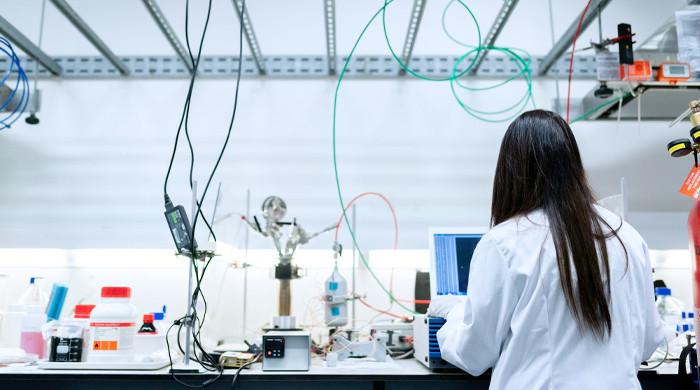World Prematurity Day 2023: Why preterm infants need 'kangaroo care' to survive
High-quality prenatal care must be provided by a licensed medical practitioner to pregnant women at least once
November 17, 2023

Premature delivery and malnutrition put both mother and child at risk for a multitude of health concerns later in life since socioeconomic status and the development of the health system are strongly linked to the preservation of their health in every country.
"Kangaroo care," also known as "skin-to-skin care," is the practice of parents holding their newborn against their bare skin.
It helps your child grow physically and emotionally and fosters a stronger bond between you and them. The benefits of kangaroo care extend to the mother and the child.
Following birth, many maternity institutions encourage skin-to-skin contact if both mother and infant are stable. Kangaroo care can be given to full-term newborns as well, although it is typically given to preterm infants undergoing treatment in a special care unit or neonatal intensive care unit.
Babies who need breathing support and oxygen support while on a ventilator might also benefit from kangaroo care. Ideally, it should start during the first few days or as soon as possible after delivery.
Maternity care specialists frequently counsel parents to practise kangaroo care as frequently and as soon as possible, provided the child is stable and healthy. Babies benefit from kangaroo care at any age, but it's especially beneficial while they're in the hospital receiving care.
At a press conference last Tuesday, the International Centre for Diarrheal Disease Research, Bangladesh (icddr,b) disclosed the following alarming picture of child health in the country.
Babies that are premature or underweight have several challenges from birth, and many of them have little chance of surviving.
Furthermore, things are not at all ideal in the globe. Of the 135 million babies born in 2020, over 35.3 million were underweight or delivered prematurely. Problems stemming from low birth weight or preterm delivery contributed to half (55.4%) of the 2.24 million newborn deaths that year.
During the conference, Samina Chowdhury, the former president of the Obstetrical and Gynaecological Society of Bangladesh (OGSB), highlighted that mothers should ideally see a doctor or other certified health professional at least eight times in order to obtain good prenatal care.
High-quality prenatal care must be provided by a licenced medical practitioner who visits the pregnant woman at least once. Additionally, it's crucial to monitor the following five areas: weight of the mother, her blood pressure, blood and urine tests, and then provide pregnancy counselling.
In 2017, UNICEF, the children's organisation of the United Nations, reported that 446,900 babies are delivered prematurely in Bangladesh annually. Of these children, 23,600 die before they turn five. Maternal malnourishment and early marriage are two variables that contribute to these early deliveries.
This highlights the link between the mother's age and health and the likelihood of having an undernourished child delivered prematurely. Early marriage increases the risk of undernutrition and premature delivery of the child. Notably, Bangladesh has the highest rate of child marriage in South Asia.
The amount spent on the health sector also has a significant impact on safeguarding children's health. In contrast to 9% in Europe and 18% in the US, healthcare only accounts for 1% of the country's GDP. Among the countries in South Asia, Bangladesh still has one of the lowest allocation rates for the health sector.
Despite our claims to have better healthcare, Bangladesh is ranked seventh in the world among the 10 least developed countries in terms of premature births.
Not every mother gets the opportunity to receive the proper prenatal care because of their circumstances. Promoting community awareness and enacting legal measures are essential to reducing child marriages.
We expect that governments will take urgent action to prevent premature births rather than assuming everything is great.











